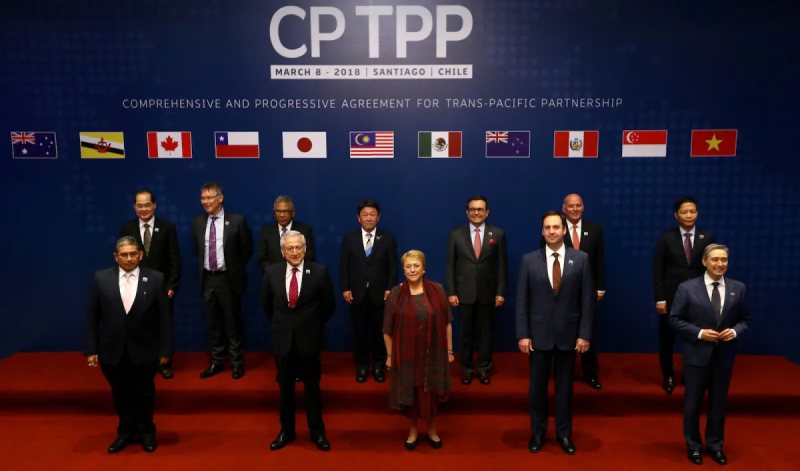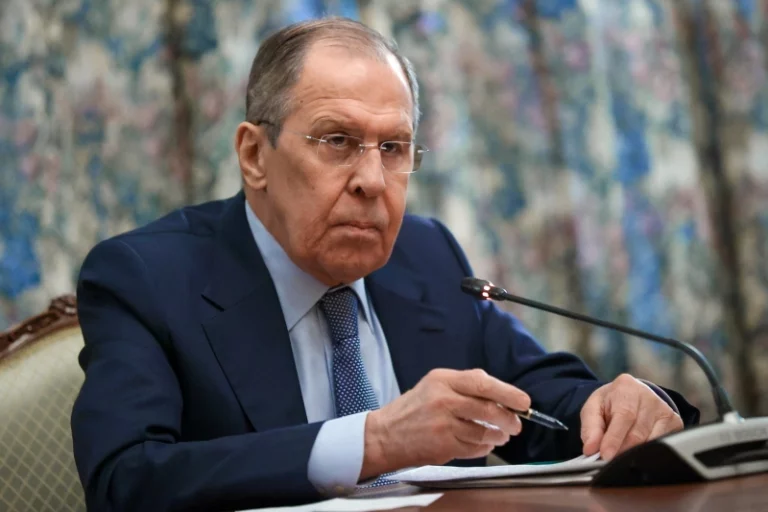After almost two years of negotiations, the United Kingdom has officially joined the Comprehensive and Progressive Agreement for Trans-Pacific Partnership (CPTPP), a trade bloc consisting of 11 member states with cumulative trade worth £9 trillion amongst member countries.
This deal is seen as a significant step forward in the UK’s efforts to secure worldwide trade agreements post-Brexit, and will provide British exporters with access to over 500 million consumers in the member states.
History
The CPTPP agreement was initially formed in 2018 and includes countries such as Japan, Australia, Canada, Mexico, Vietnam, and Malaysia, among others. This trade bloc is designed to create a free trade area with reduced trade barriers, including tariffs and non-tariff barriers. By reducing these barriers, member states can benefit from increased trade and economic growth.
According to the UK government, the deal will allow British exporters to “seize opportunities for new jobs, growth, and innovation.” In addition, the government predicts that the deal will generate approximately £1.8 billion of extra income once it has been in effect for 10 years, which equates to roughly 0.08% of the UK’s annual gross domestic product (GDP).
Criticisms
However, the CPTPP agreement has faced criticism from some quarters. Unions have condemned clauses in the deal that will allow large companies to sue the UK government behind closed doors if they believe their profits have suffered from changes to laws or regulations. Paul Nowak, the general secretary of the Trades Union Congress (TUC), stated that “This deal allows multinational corporations to sue the UK government in secret courts for introducing policies which threaten their profits – this could include an increase in the minimum wage or bringing energy companies back into public ownership.”
Furthermore, the deal is expected to face opposition from those concerned about workers’ rights in some of the member states. According to Nowak, the deal “sanctions the exploitation of workers in Vietnam and Brunei where independent unions are banned, and Malaysia where migrant workers are subject to forced labour.”
Benefits
Despite these criticisms, the UK government has emphasized the benefits of joining the CPTPP agreement. The trade secretary, Kemi Badenoch, stated that the deal reflects newly acquired “post-Brexit freedoms to reach out to new markets around the world and grow our economy.”
Additionally, the UK has bilateral deals with many of the countries inside the bloc, including Australia, New Zealand, and Japan, which minimizes the benefit of the overarching agreement. However, ministers expect the deal to become increasingly important as the trade bloc, which will boast a GDP of $11tn, offers access to more nations.
As the first non-founding member of the CPTPP agreement, the UK is expected to set the template for other applicants to join, including Costa Rica and Uruguay.
China, which applied to become a member in 2021, several months after the UK, is likely to face significant pushback from members, including the UK, that will argue Beijing should be blocked unless it complies with existing international trade rules.
Despite these positives, some trade experts believe that joining the CPTPP bloc could harm the UK’s ability to rejoin the European Union (EU) at a later date. These experts argue that harmonizing trade rules with the CPTPP countries would drive a wedge between Brussels and London.
Sam Lowe, a trade expert at the advisory firm Flint Global, stated that “CPTPP membership does make it more difficult for UK to rejoin EU customs union. But, given the UK will seemingly join without significant changes to EU-inherited regulations, it also demonstrates that EU and CPTPP regulatory approaches are compatible.”
Political signficance
In addition to the economic benefits, the UK’s participation in the CPTPP also carries political significance. It marks a strategic pivot for the country away from the European Union, which has been its primary trading partner for decades. The decision to join the CPTPP is a clear signal that the UK intends to pursue an independent trade policy, free from the constraints of the EU.
However, some trade experts have raised concerns that joining the CPTPP could harm the UK’s ability to rejoin the EU at a later date. They argue that harmonizing trade rules with the CPTPP countries would drive a wedge between Brussels and London, making it more difficult for the UK to rejoin the EU customs union.
Despite these concerns, the UK government has remained committed to joining the CPTPP. Trade Secretary Kemi Badenoch has said that the deal reflects newly acquired “post-Brexit freedoms to reach out to new markets around the world and grow our economy.” Prime Minister Rishi Sunak has also emphasized the economic benefits of the deal, calling it a “real economic boost for the UK.”
The UK’s decision to join the CPTPP has been welcomed by other members of the bloc, who see it as a positive step towards expanding trade and investment in the Asia-Pacific region. Japan’s Foreign Minister Toshimitsu Motegi has called the UK’s accession “extremely significant,” while Australian Trade Minister Dan Tehan has said that it “reinforces the importance of the CPTPP as an agreement open to like-minded economies who share a commitment to the rules-based trading system.”
Setting precedent
The UK’s participation in the CPTPP also sets a precedent for other countries that may be interested in joining the bloc. Costa Rica and Uruguay are among the countries that have expressed interest in joining the CPTPP, and their applications will likely be considered in the coming years.
However, China’s application to join the CPTPP is likely to face significant pushback from members, including the UK, that will argue Beijing should be blocked unless it complies with existing international trade rules. China’s trade practices have been a source of tension with many of its trading partners, and its entry into the CPTPP could prove to be a contentious issue.
The UK’s decision to join the CPTPP marks a significant development in its post-Brexit trade policy. The deal secures access for British exporters to 500 million people in the 11-member bloc and is expected to generate £1.8bn of extra income once it has been up and running for 10 years.
The UK’s participation in the CPTPP also signals its intention to pursue an independent trade policy and sets a precedent for other countries that may be interested in joining the bloc.
While some trade experts have raised concerns about the potential impact on the UK’s relationship with the EU, the government has remained committed to joining the CPTPP and sees it as a key component of its economic strategy in the years to come.


















